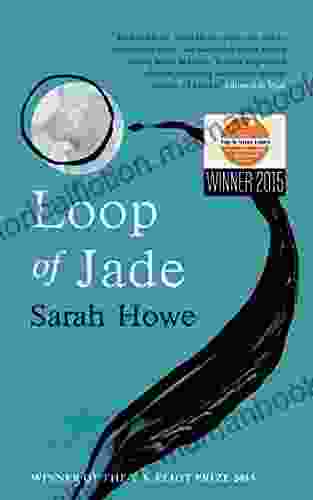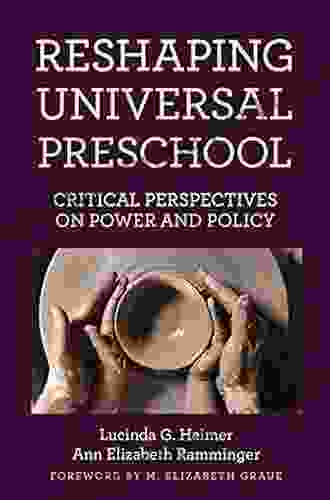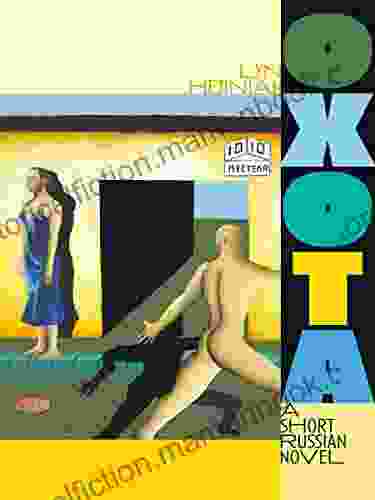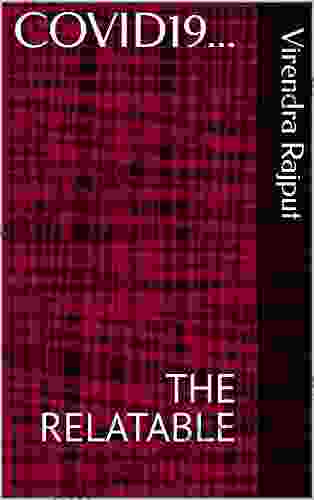Critical Perspectives on Power and Policy in Early Childhood Education

Early childhood education is a crucial period that lays the foundation for children's cognitive, social, and emotional development. However, the field of early childhood education is not immune to the pervasive influence of power and policy. Power dynamics shape educational policies and practices, impacting the lives of young children and their families. This essay will critically examine the relationship between power and policy in early childhood education, drawing upon critical theories and research to analyze how power imbalances and social inequalities influence policymaking, resource allocation, and educational outcomes in early childhood settings.
Power is not a static entity but rather a fluid and dynamic force that operates at multiple levels in society. In the context of early childhood education, power relations manifest themselves through various mechanisms, including:
- Economic power: Financial resources and funding decisions play a significant role in shaping early childhood policies and programs. Those with economic power, such as policymakers and wealthy individuals, have the ability to influence the allocation of resources and set policy priorities.
- Political power: Political ideologies and values shape the education policies that are enacted. Governments and political parties have the authority to establish and enforce laws and regulations that impact early childhood education, often reflecting the dominant political discourse.
- Professional power: Early childhood educators and administrators also wield power within the education system. Their knowledge, expertise, and advocacy efforts can shape policies and practices at the local and national levels. However, power imbalances within the profession can create disparities in influence and decision-making.
Power dynamics are inextricably linked to social inequality, which intersects with race, class, gender, and other social factors. In early childhood education, social inequalities have a profound impact on access to quality early childhood programs, educational outcomes, and life chances for children and their families.
4.6 out of 5
| Language | : | English |
| File size | : | 7359 KB |
| Text-to-Speech | : | Enabled |
| Screen Reader | : | Supported |
| Enhanced typesetting | : | Enabled |
| Word Wise | : | Enabled |
| Print length | : | 160 pages |
- Racial disparities: Research consistently demonstrates racial disparities in early childhood education, with children of color facing systemic barriers to accessing high-quality programs and experiencing lower academic outcomes. These disparities are rooted in historical and ongoing racism and discrimination, which shape funding decisions, teacher expectations, and disciplinary practices.
- Socioeconomic disparities: Children from low-income families are more likely to experience developmental delays, have lower academic achievement, and face behavioral problems. Socioeconomic disparities in early childhood education are driven by factors such as poverty, limited access to healthcare, and inadequate housing.
- Gender inequalities: Gender stereotypes and biases can influence the experiences of children and educators in early childhood settings. For example, girls may be encouraged to engage in more passive activities, while boys are expected to be more assertive. These gendered expectations can limit children's opportunities for growth and development.
The critical examination of power and policy in early childhood education has implications for policymaking at all levels. To address the persistent challenges facing young children and their families, policymakers must:
- Promote equity and inclusion: Policies should be designed to ensure that all children have access to high-quality early childhood education, regardless of their race, socioeconomic status, or other social factors. This includes increasing funding for early childhood programs in under-resourced communities and implementing anti-bias training for educators.
- Increase transparency and accountability: Decision-making processes should be transparent and accountable to the communities they serve. Parents, educators, and community members should have a voice in shaping policies that affect their children and families.
- Support professional development: Early childhood educators need ongoing professional development opportunities to enhance their knowledge, skills, and awareness of social inequality. This includes training on culturally responsive teaching, anti-bias education, and trauma-informed practices.
- Advocate for social justice: Early childhood education policies should be informed by a commitment to social justice and equity. This means addressing the root causes of inequality, such as poverty, racism, and discrimination, through comprehensive and systemic policy solutions.
The relationship between power and policy in early childhood education is complex and multifaceted. Power dynamics and social inequalities shape educational policies and practices, with significant implications for the lives of young children and their families. By critically examining these power relations and their impact, we can work towards creating more equitable and inclusive early childhood education systems that support the development and well-being of all children.
4.6 out of 5
| Language | : | English |
| File size | : | 7359 KB |
| Text-to-Speech | : | Enabled |
| Screen Reader | : | Supported |
| Enhanced typesetting | : | Enabled |
| Word Wise | : | Enabled |
| Print length | : | 160 pages |
Do you want to contribute by writing guest posts on this blog?
Please contact us and send us a resume of previous articles that you have written.
 Top Book
Top Book Novel
Novel Fiction
Fiction Nonfiction
Nonfiction Literature
Literature Paperback
Paperback Hardcover
Hardcover E-book
E-book Audiobook
Audiobook Bestseller
Bestseller Classic
Classic Mystery
Mystery Thriller
Thriller Romance
Romance Fantasy
Fantasy Science Fiction
Science Fiction Biography
Biography Memoir
Memoir Autobiography
Autobiography Poetry
Poetry Drama
Drama Historical Fiction
Historical Fiction Self-help
Self-help Young Adult
Young Adult Childrens Books
Childrens Books Graphic Novel
Graphic Novel Anthology
Anthology Series
Series Encyclopedia
Encyclopedia Reference
Reference Guidebook
Guidebook Textbook
Textbook Workbook
Workbook Journal
Journal Diary
Diary Manuscript
Manuscript Folio
Folio Pulp Fiction
Pulp Fiction Short Stories
Short Stories Fairy Tales
Fairy Tales Fables
Fables Mythology
Mythology Philosophy
Philosophy Religion
Religion Spirituality
Spirituality Essays
Essays Critique
Critique Commentary
Commentary Glossary
Glossary Bibliography
Bibliography Index
Index Table of Contents
Table of Contents Preface
Preface Introduction
Introduction Foreword
Foreword Afterword
Afterword Appendices
Appendices Annotations
Annotations Footnotes
Footnotes Epilogue
Epilogue Prologue
Prologue Giles Tippette
Giles Tippette Marcia Talley
Marcia Talley Charis Michaels
Charis Michaels Faith Blum
Faith Blum Matthew L Beyranevand
Matthew L Beyranevand Shinichi Suzuki
Shinichi Suzuki Glenn Schuler
Glenn Schuler J L Beck
J L Beck Brendan O Carroll
Brendan O Carroll Dean Woods
Dean Woods Thor Ewing
Thor Ewing Leibel Sternbach
Leibel Sternbach Brenda Rothert
Brenda Rothert Ransom Riggs
Ransom Riggs Ann M Miller
Ann M Miller George W Dowdall
George W Dowdall Maxine Bedat
Maxine Bedat Lawrence Block
Lawrence Block Samuel Willard Crompton
Samuel Willard Crompton Sin Dee
Sin Dee
Light bulbAdvertise smarter! Our strategic ad space ensures maximum exposure. Reserve your spot today!

 Gerald BellEngaging English Article: Stitch Sampler Afghan Pattern Combining Bobbles and...
Gerald BellEngaging English Article: Stitch Sampler Afghan Pattern Combining Bobbles and...
 William PowellVimy Vern Thiessen: A Detailed Look at the Canadian Soldier's Life and Legacy
William PowellVimy Vern Thiessen: A Detailed Look at the Canadian Soldier's Life and Legacy Terry PratchettFollow ·8.3k
Terry PratchettFollow ·8.3k Jesse BellFollow ·10.9k
Jesse BellFollow ·10.9k Ralph TurnerFollow ·13.8k
Ralph TurnerFollow ·13.8k Owen SimmonsFollow ·4.8k
Owen SimmonsFollow ·4.8k Reginald CoxFollow ·14.7k
Reginald CoxFollow ·14.7k Anthony WellsFollow ·18.6k
Anthony WellsFollow ·18.6k E.E. CummingsFollow ·16.1k
E.E. CummingsFollow ·16.1k Dean ButlerFollow ·17.9k
Dean ButlerFollow ·17.9k

 Allen Ginsberg
Allen GinsbergUnlocking Financial Peace with Low Risk Investing: A...
In the world of investing, it is often said...

 Eddie Powell
Eddie PowellLoop of Jade: An Exploration of Grief, Memory, and the...
Sarah Howe's...

 Zachary Cox
Zachary CoxHealth Benefits in Retirement: Navigating the Maze of...
Retirement...
4.6 out of 5
| Language | : | English |
| File size | : | 7359 KB |
| Text-to-Speech | : | Enabled |
| Screen Reader | : | Supported |
| Enhanced typesetting | : | Enabled |
| Word Wise | : | Enabled |
| Print length | : | 160 pages |














